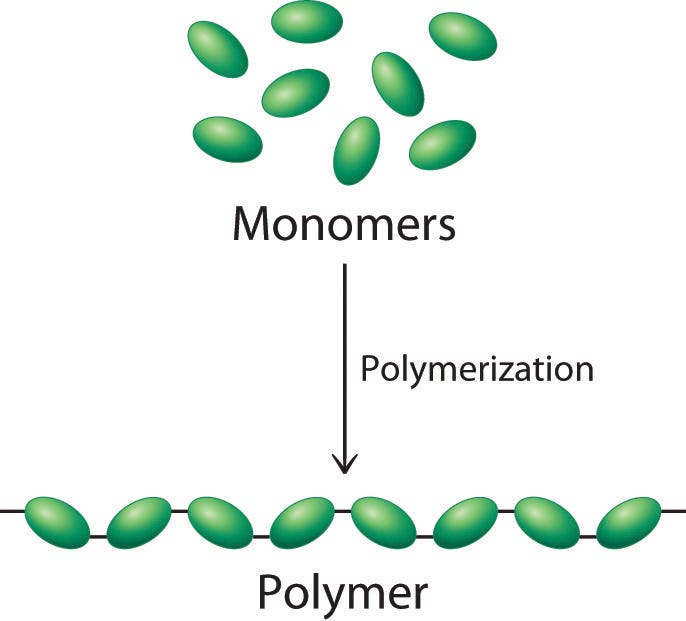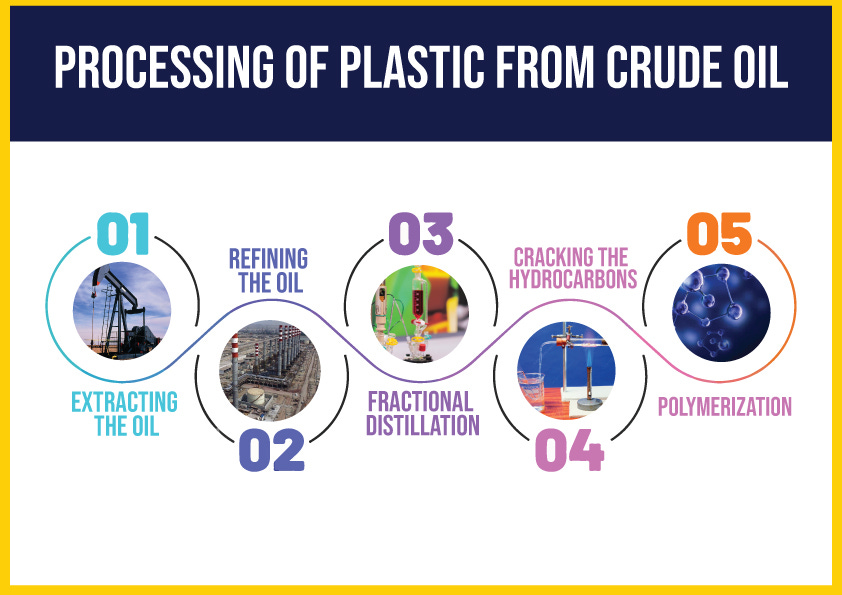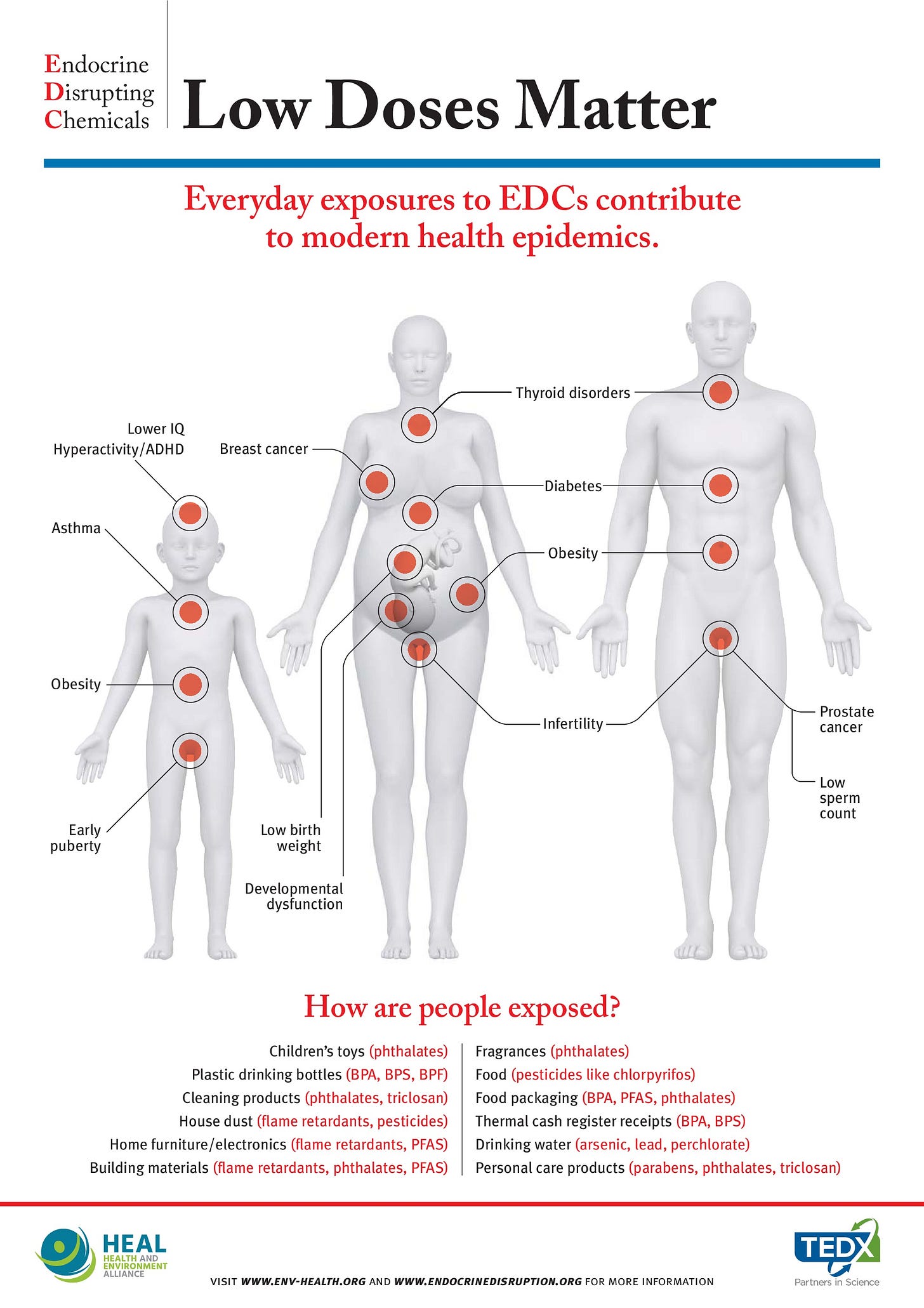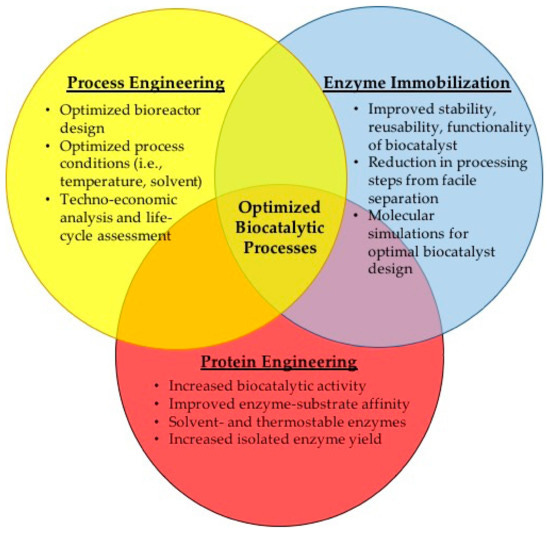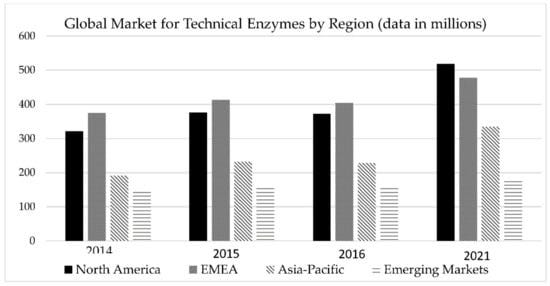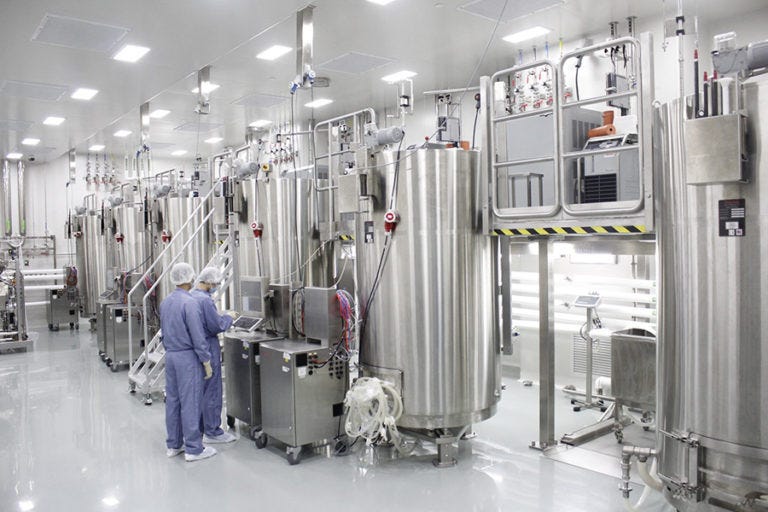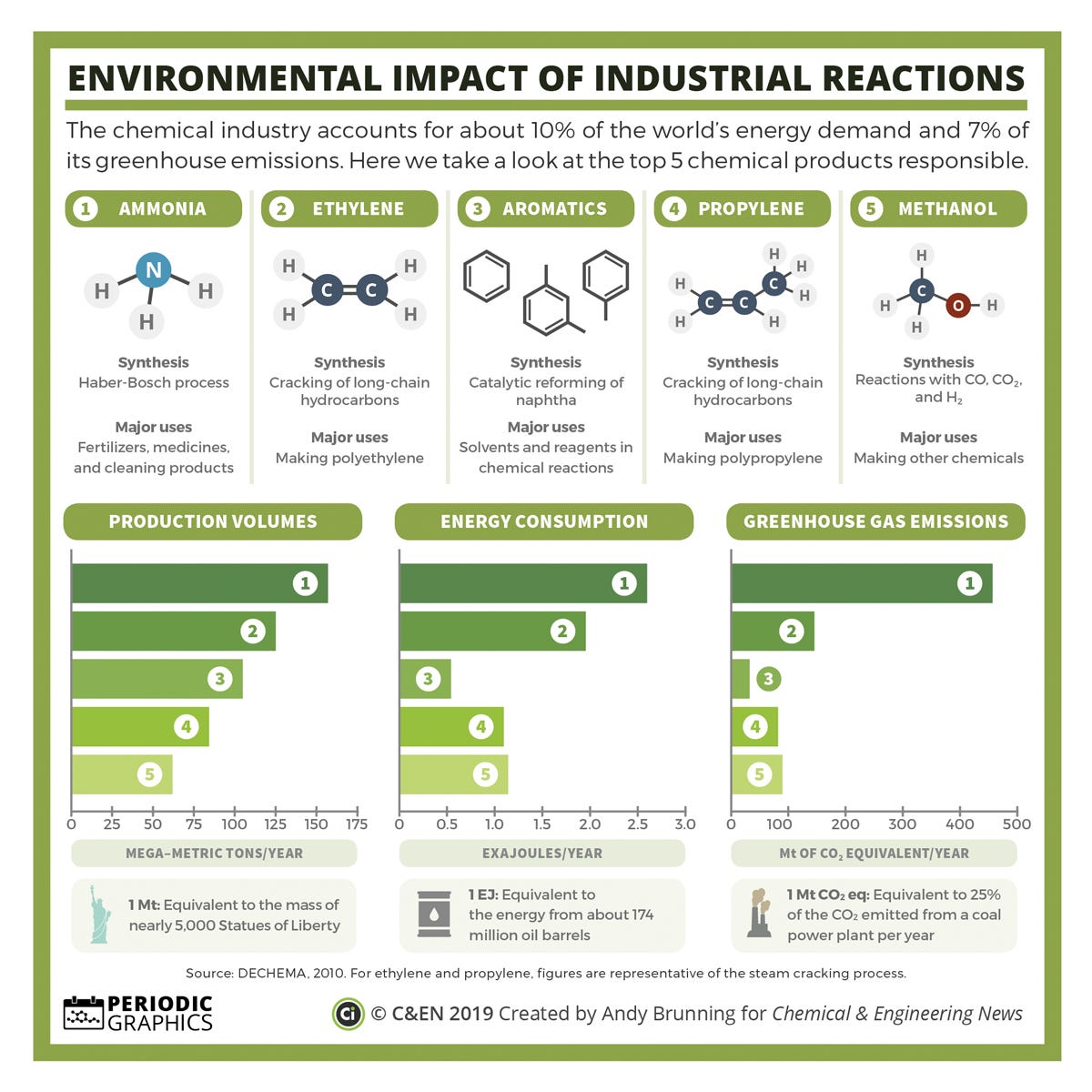What is a polymer? It is just a chain of repeating sub-units.
Why is this important to you? Plastics are a common example of a synthetic polymer and they are used in every aspect of daily life from food containers to home sealants. In fact, plastics are so important that we are essentially dependent on them.
The problem is that plastics are made from fossil fuels [hydrocarbons].
We are only recently learning the problems that come with plastics such as microplastics and endocrine disruption. Plastics’ slow degradation also poses an issue of environmental persistence as it takes UV (sunlight) & a long time to break down. Recycling tends to use more energy than generating new plastic and it is not a long term solution.
A good question to ask is, what if the plastics were biodegradable in the first place? This is why some are discussing the idea of biopolymers replacing this aspect of the economy. Cellulose is the most abundant macromolecule on Earth. We can take advantage of this fact along with other biological tools to transform the infrastructure of the global economy.
Biomanufacturing
Biomanufacturing is set to become an accelerating industry as a growing body of research utilizes enzymes and bacteria in novel manufacturing methods.
Precision fermentation is already disrupting several traditional industries. Engineered yeast are bred in large tanks to produce an array of end products. This can range from pharmaceuticals to skincare & food ingredients to even textiles.
So in this future biotech world we would only need to use agricultural inputs of basically any organic matter (cellulose), and we could produce vast amounts of varied products including bioplastics, medicines, and industrial chemicals. There may be additional benefits like reduced energy consumption, reduced emissions, and increased yield per cost.
Once we convert to a fully electric transportation & sustainable grid economy the demand for gasoline, LNG, and diesel would drop significantly. Similarly, biomanufacturing would work to diminish the demand for hydrocarbons in plastics and even industrial chemicals. This would effectively destroy demand for crude oil and would work to significantly reduce emissions. There are so many other health, environmental, and economic benefits we would reap from this future ideal economy!
Sustainable Chemistry
The Polymerist is another Substack blog that I stumbled upon recently that discusses this in depth. The author is a PhD in polymer science and definitely knows whats he’s talking about.
Tangent: Engineered Bamboo
When plants grow they use CO2 to construct their cellulose walls. The fastest growing plants on Earth are the bamboo family. Their species are diverse and can range from cold hardy varieties to tall tropical giants.
There are 2 main types of bamboo: the clumping kind, and the running kind. The running kind is known for being extremely invasive because it will grow its roots deep underground and keep shooting up new stems far away. Bamboo is known for its excellent carbon sequestration abilities and that makes me wonder why we don’t grow more of it.
There is an interesting story of how Norman Borlaug utilized GMOs to increase the hardiness and yield of plants. The amount of lives he has saved from famine are innumerable. We could achieve a similar effect with GMO bamboo and reforest vast areas of unproductive land. This would soak a large amount of carbon and generate harvestable forests for cellulose.
Aside from being a cellulose source, bamboo is a great wood to use for a variety of applications: construction, furniture, flooring, kitchenware, charcoal, and even fabric (Tencel).



